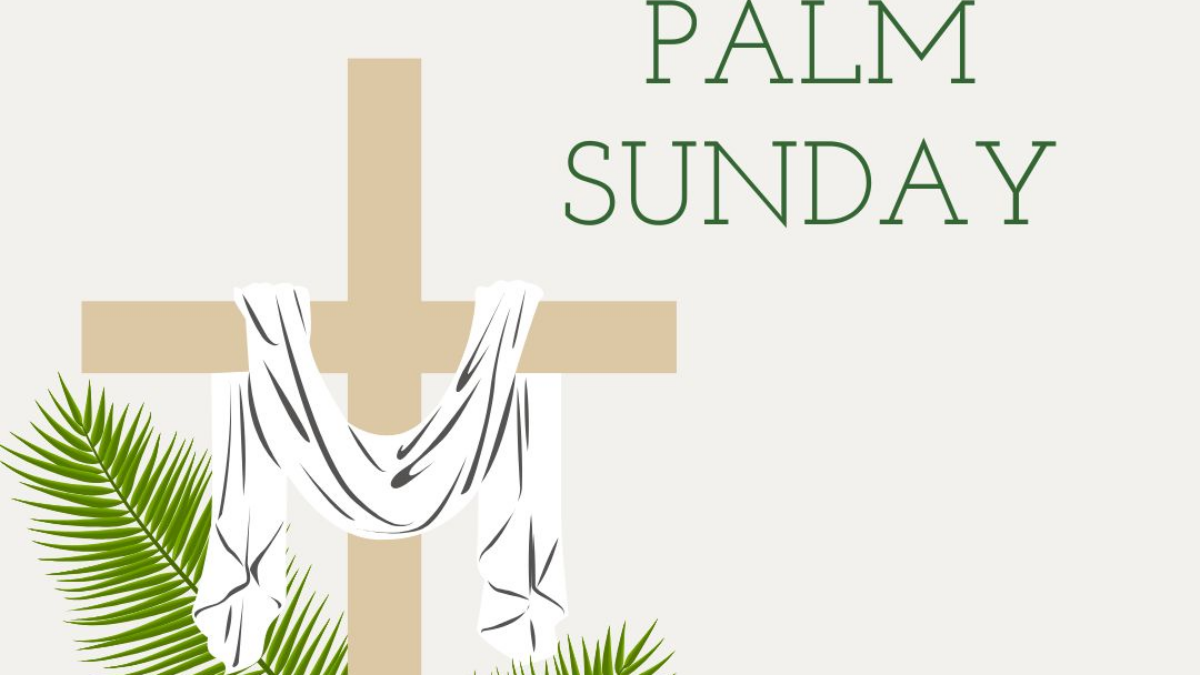On Palm Sunday, Jesus entered Jerusalem in a way that defied people’s expectations. Rather than arriving as a powerful, triumphant king on a mighty horse, He rode in on a humble donkey, signaling a new kind of kingdom built on love rather than force. The crowds waved palm branches in welcome, yet this moment was just the beginning of a path leading to the cross – a bitter, sorrowful journey involving betrayal, the last supper, the arrest in Gethsemane, and eventually crucifixion. Even so, at the heart of all this sorrow was a deep love for sinners that cannot be overlooked.
Jesus’ unassuming entry reveals how God often works in ways we do not anticipate. The Messiah the people expected was meant to defeat enemies and restore Israel’s earthly power, but Jesus brought the power of the cross instead. Where the world exalts pride and might, Christ came with humility and sacrificial love – a paradox that continues to challenge our assumptions about what true strength and salvation look like. Only through this unexpected road of suffering did Jesus provide resurrection and new life, turning what seemed foolish into the ultimate display of divine wisdom.
This paradox shapes our own faith journey. Just as many in Jerusalem didn’t recognize the King riding on a donkey, we too can miss God’s transforming presence when we impose our preconceived ideas of how He should act. Far from intellectual proof or political maneuvering, the cross represents God’s simple yet profound call for our hearts – to trust Him in humility and love. When we lay aside our pride and let the unexpected grace of the cross touch us personally, we experience a resurrection of our own heart. Through faith in this humble Savior, we participate in a kingdom far greater than any worldly force, living a life that points to the power of God’s love even in the face of sorrow and suffering.
0


Add a Comment